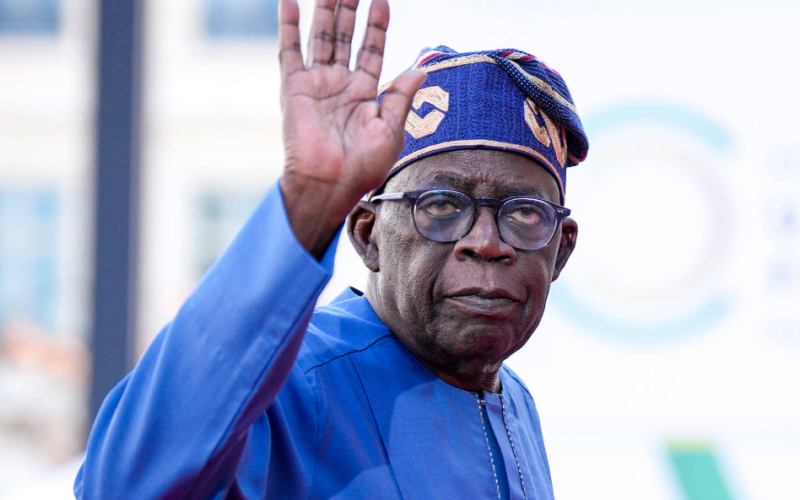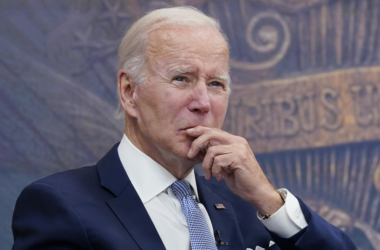Nigeria’s President has suspended Betta Edu, the Minister of Humanitarian Affairs and Poverty Alleviation, in response to allegations related to the use of a private bank account for financial transactions within the government’s social welfare program. This article examines the circumstances surrounding the suspension, the allegations against Minister Edu, and the broader context of the Nigerian government’s commitment to addressing corruption.
President Bola Tinubu announced the immediate suspension of Minister Betta Edu, citing concerns over the use of a private bank account for financial transactions within the ministry’s social investment programs. The decision to suspend Edu is part of a broader commitment by the government to conduct a thorough investigation into all financial transactions within the ministry, as well as the entire framework of Nigeria’s social investment programs.
The suspension follows reports in local media about an official memo in which Minister Edu allegedly directed 585 million naira ($663,000) worth of grants intended for vulnerable groups to be paid into a private account. The minister’s office has defended the decision, asserting that due process was followed, and Edu herself has denied any wrongdoing. The investigation by Nigeria’s anticorruption agency aims to provide clarity on these allegations.
The use of a private bank account for government grants, especially amid austerity measures affecting millions facing extreme poverty, has sparked criticism from the Nigerian public. Many have expressed concerns about transparency and accountability, calling for Minister Edu’s dismissal. The suspension reflects the government’s acknowledgment of public sentiment and its commitment to maintaining high standards of integrity.
President Bola Tinubu’s administration, which came to power with a promise to combat corruption, has demonstrated a commitment to upholding integrity and accountability in managing Nigeria’s resources. The suspension of Minister Edu aligns with this stance, reinforcing the government’s dedication to addressing allegations of impropriety within its ranks.
This move comes against the backdrop of broader anti-corruption efforts in Nigeria. President Tinubu had previously suspended the head of the Economic and Financial Crimes Commission (EFCC) for abuse of office within a month of his inauguration. The government’s emphasis on accountability reflects its determination to instill transparency in financial transactions and social investment programs.
While Minister Edu faces investigation for her alleged involvement in directing funds to a private account, her predecessor, Sadiya Umar Farouq, reported to the EFCC on Monday for investigations into the disbursement of public funds during her tenure. Farouq, in a social media statement, stated that she was at the commission’s office to provide clarifications regarding the ongoing investigation.








